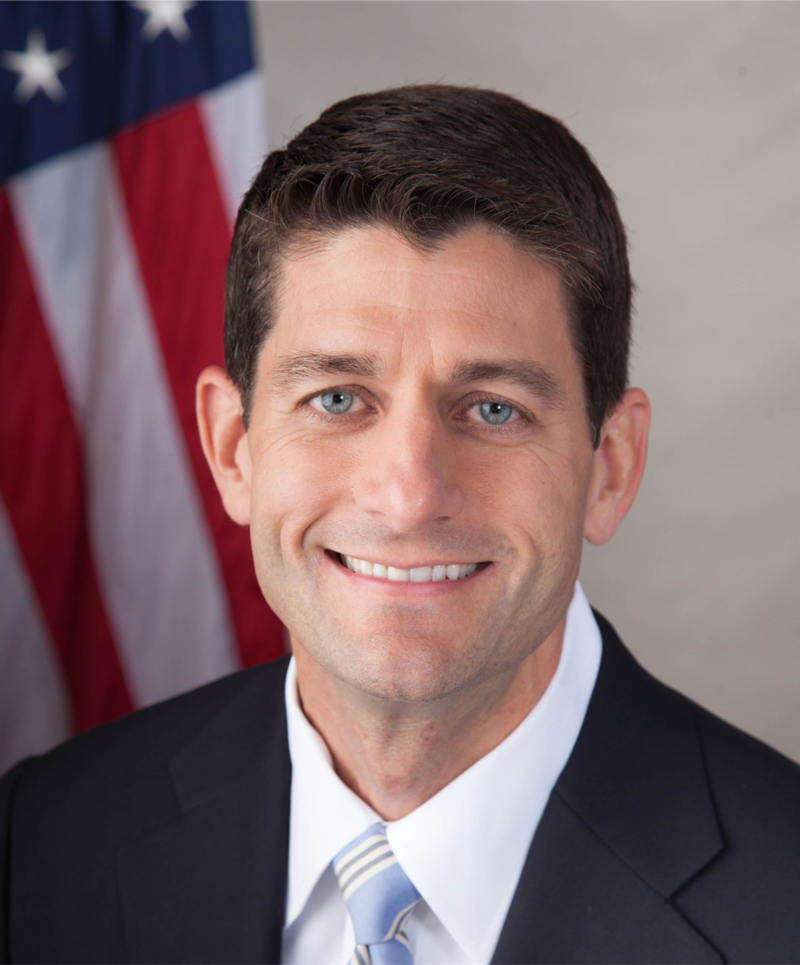Hillary Clinton: Former Secretary of State (2009-2013), Presidential Candidate (2008) Senator from New York (2001-2009) and First Lady of the United States (1993-2001)
In my Opinion the former Secretary of State Hillary Clinton is the Democrats best chance of winning in 2016 and I think she would make a good President. What she has going for her is that one in a lot of polls taken she is ahead of her potential Republican Party opponents if she decided to run again, the second thing is that she used to be Secretary of State (though not the most successful one the country has ever had in some people's opinions) as well as this she was a Senator from New York for around eight years and before that she was First Lady of the United States with her husband Bill Clinton being President at the time. I think all these things could help immensely if she decides to run.
Joe Biden: Vice President of the United States (2009 to present), Senator from Delaware (1973-2009) and two time Presidential candidate (1988 and 2008)
I think Vice President Biden would also make a good President (he certainly has the experience) and would do just as well in 2016 as Hillary Clinton. Despite his experience he would have a few things not going for him if he decided to run, the first would be his age (by the time of the election in 2016 he would be 73) because he would be at the same age as former President Ronald Reagan was when he ran for a second term in 1984, the second would be that President Obama is currently not as popular as he has been which could affect him if he decided to run. Overall I think he would he would be a great alternative if Hillary Clinton didn't run in 2016.
Elizabeth Warren: Senator from Massachusetts (2013 to present)
Like I said about Vice President Biden I think Senator Warren would make a good President, and could also present Hillary Clinton a serious challenge in 2016 if both decided to seek the Democratic Party nomination. Being as liberal as she is on issues I think if she was the Democrat Nominee in 2016 then the party would have to in my opinion balance the ticket with a more moderate or slightly conservative running mate.
Martin O'Malley: Governor of Maryland (2007 to present)
At the time of the 2016 U.S. Presidential Election Martin O'Malley will be the former Governor of Maryland, but I think he could still use this to his advantage given the current unpopularity with Congress by positioning himself as a Washington outsider just like former President Jimmy Carter did when he ran for president in 1976. Though despite this if Hillary Clinton decides to run in 2016 then I don't think he's got as great a chance of winning the Democratic Party nomination than if she didn't.
Andrew Cuomo: Governor of New York (2011 to present)
What I think Andrew Cuomo would have going for him in 2016 if he decided to run for President is that like Martin O'Malley he could position himself as a Washington outsider (admittedly he did serve as Secretary of Housing and Urban development from 1997-2001 in the Clinton administration). As well as doing this he is the Governor of a state that though leans considerably to his own party is still worth 29 electoral votes, along with Florida this is the second highest amount of electoral votes any state has.
Mark Warner: Senator from Virginia (2009 to present), Governor of Virginia (2002-2006)
Though having nowhere near as high a profile as Hillary Clinton I think Senator Warner could make an ok kind of President or if not that then a Vice President. What he has going for him is that he is currently a Senator and use to be a Governor which means he has a mix of executive and legislative experience and that he is from the State of Virginia which is considered a battleground state in Presidential Elections.
Deval Patrick: Governor of Massachusetts (2007 to present)
Despite the fact that Deval Patrick is retiring as Governor of Massachusetts this year I still think he could make a good President if he decided to run in 2016 plus being friend of President Obama could help depending on the area despite the Presidents unpopularity. And like with any over Governor that decides to run for President in 2016 he could position himself as a Washington outsider.
Brian Schweitzer: Governor of Montana (2005-2013)
Though the former Governor of Montana is a long shot if he did decide to run for President in 2016 if think what he would have going for him is that he was the Democratic Governor of what is now considered to be a very Republican leaning state, plus Montana has not been won by the Democrats in a Presidential Election since 1992.
Howard Dean: Chairman of the Democratic National Committee (2005-2009), Presidential candidate (2004), Governor of Vermont (1991-2003
Bernie Sanders: Senator From Vermont (2007 to present), Representative from Vermont's At-large Congressional District (1991-2007)
Bernie Sanders is technically an Independent but the reason why I have included him in this list is that I was recently reading an article (link is at the bottom) on USA TODAY which said that some of his supporters want him to run as a Democrat in 2016 if he did decide to run. I personally think he would have little chance of winning the Democratic Party nominee in 2016 if he ran as a Democrat but I do think he would give any Democrat who decided to run a good challenge.
Link to Article which is my reason for including Bernie Sanders in this list:
http://www.usatoday.com/story/news/politics/elections/2014/09/08/sanders-presidential-run-party-affilation/15146337/













.jpg)

















.png)



_1.jpg)













